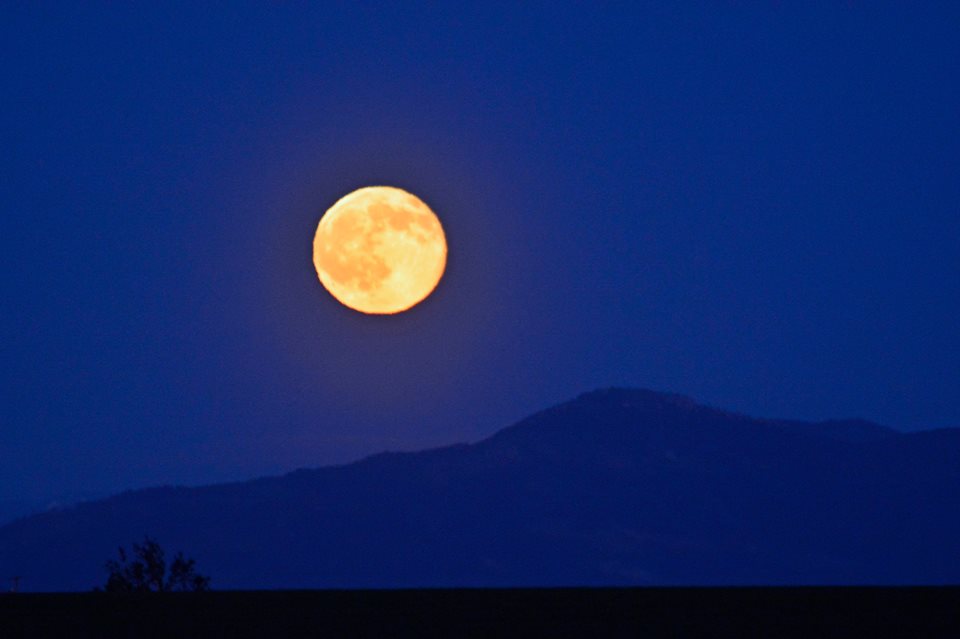Signs of the Times • 30 June 2016 • No. 79
Processional. “America the Beautiful,” performed by Willie Nelson for a video protesting the devastating practice of coal mining by mountaintop removal.
 Above. Purple mountains' majesty. Grand Teton National Park, Wyoming.
Above. Purple mountains' majesty. Grand Teton National Park, Wyoming.
¶ America the Beautiful. Poet and Wellesley College English professor Katharine Lee Bates wrote her poem “Pikes Peak,” first published in 4 July 1895 edition of The Congregationalist magazine under the title “America,” on a trip to Colorado’s Pike National Park. In 1910 the poem was adapted to a hymn tune by Samuel A. Ward.
In Bates’ original poem (revised in 1904 and 1911), the third stanza ends with, “Till selfish gain no longer stain, / The banner of the free!” These lines “reflected Bates’ disillusionment with the Gilded Age’s excesses” which produced profound levels of economic inequality in the late 19th century (Lynn Sherr, America the Beautiful: The Stirring True Story Behind Our Nation's Favorite Song).
The fourth and final stanza of the original poem also contained prophetic announcement, “Till nobler men keep once again / Thy whiter jubilee!” referencing the Torah’s “jubilee” tradition of a profound social renewal movement along with a reference to Revelation 7:14 where those “dressed in white” represent “they who have come out of the great ordeal; they have washed their robes and made them white in the blood of the Lamb,” the Lamb 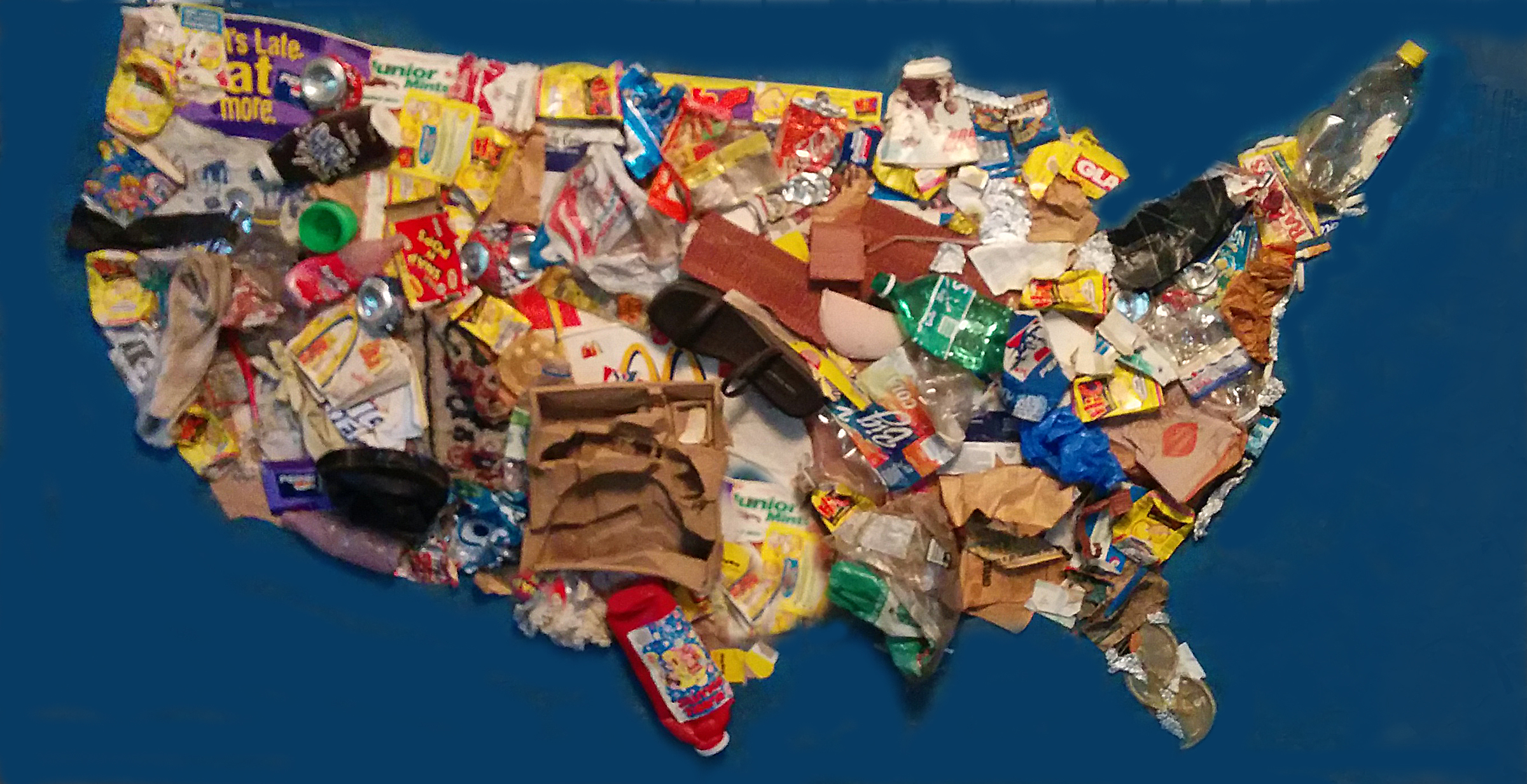 being the one who refused violence’s ascendancy, accomplishing salvation’s triumph by abandoning rather than wielding the sword of vengeance.
being the one who refused violence’s ascendancy, accomplishing salvation’s triumph by abandoning rather than wielding the sword of vengeance.
Read more ›
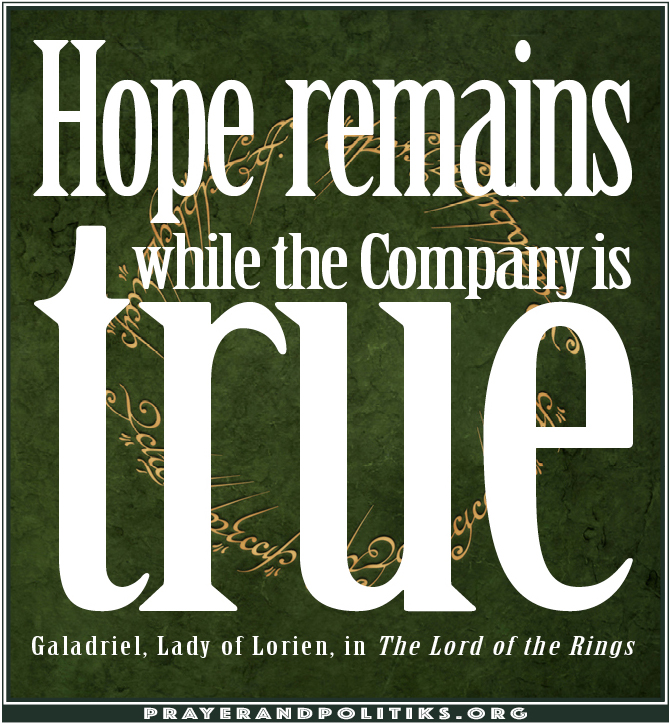


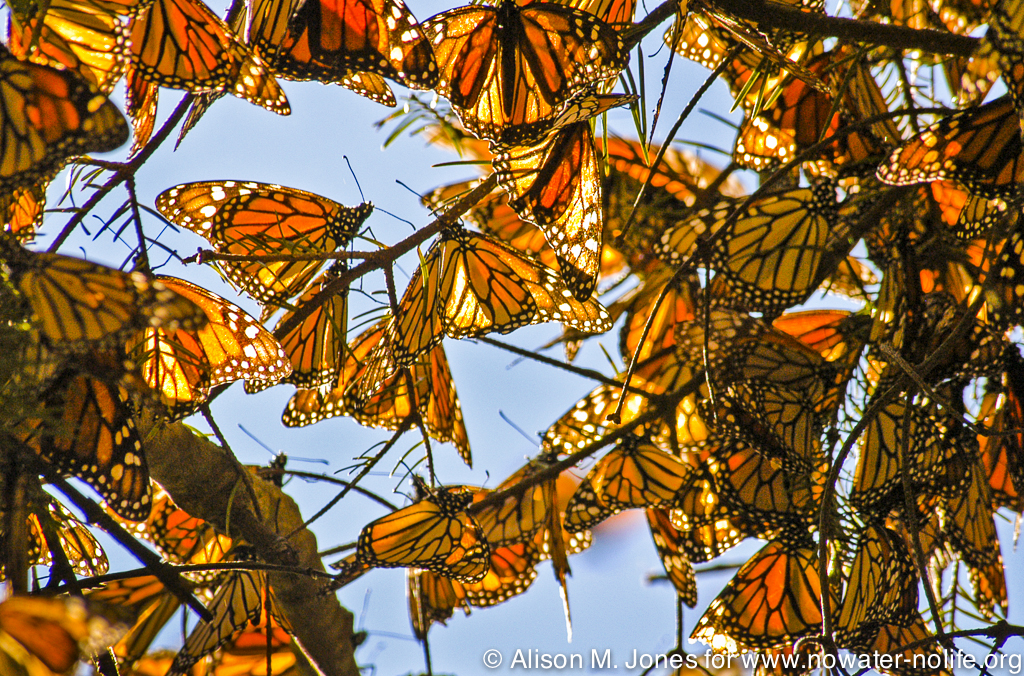
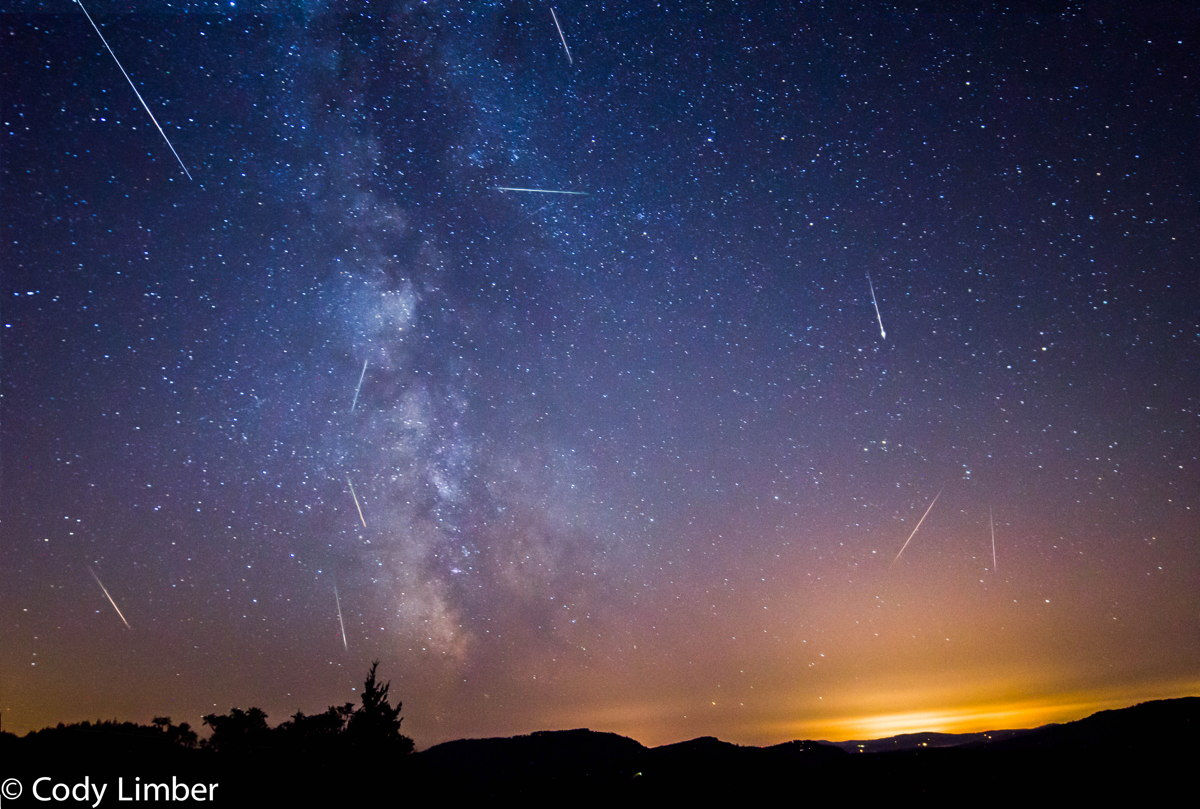
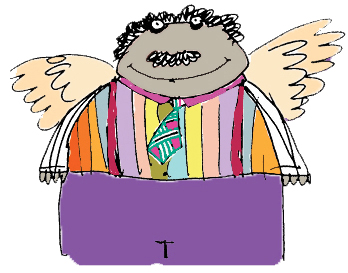 A note from Gerald,
A note from Gerald,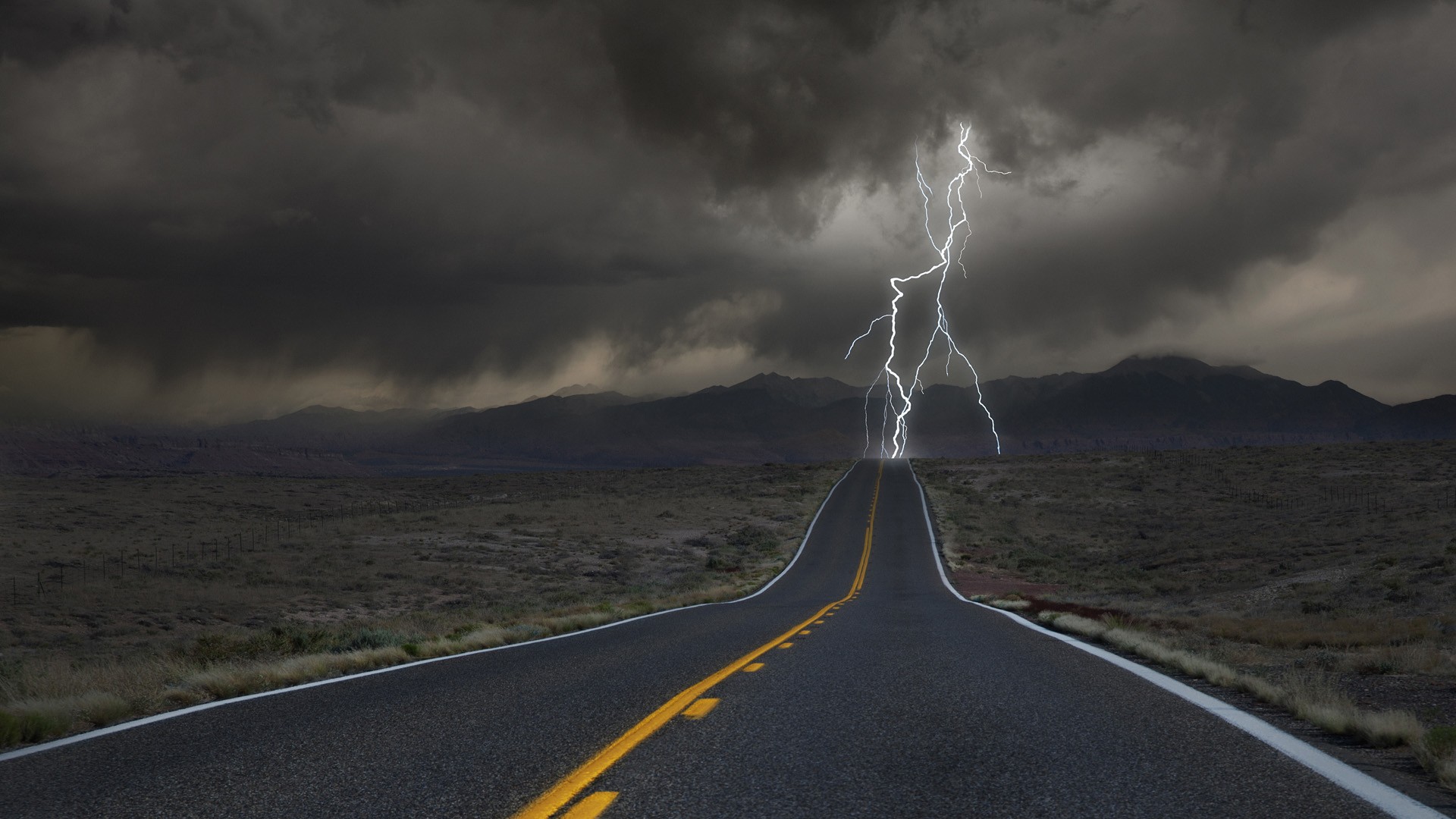
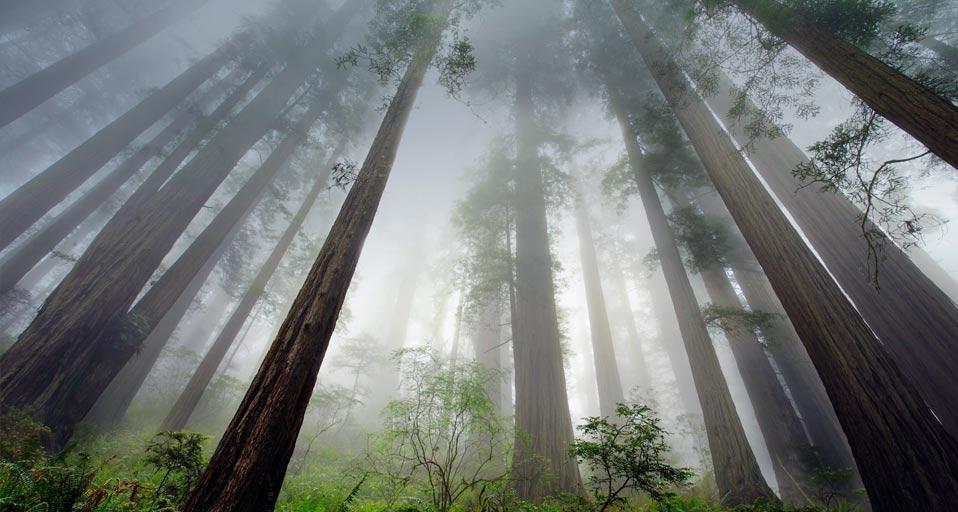
 Above. Purple mountains' majesty. Grand Teton National Park, Wyoming.
Above. Purple mountains' majesty. Grand Teton National Park, Wyoming. being the one who refused violence’s ascendancy, accomplishing salvation’s triumph by abandoning rather than wielding the sword of vengeance.
being the one who refused violence’s ascendancy, accomplishing salvation’s triumph by abandoning rather than wielding the sword of vengeance.